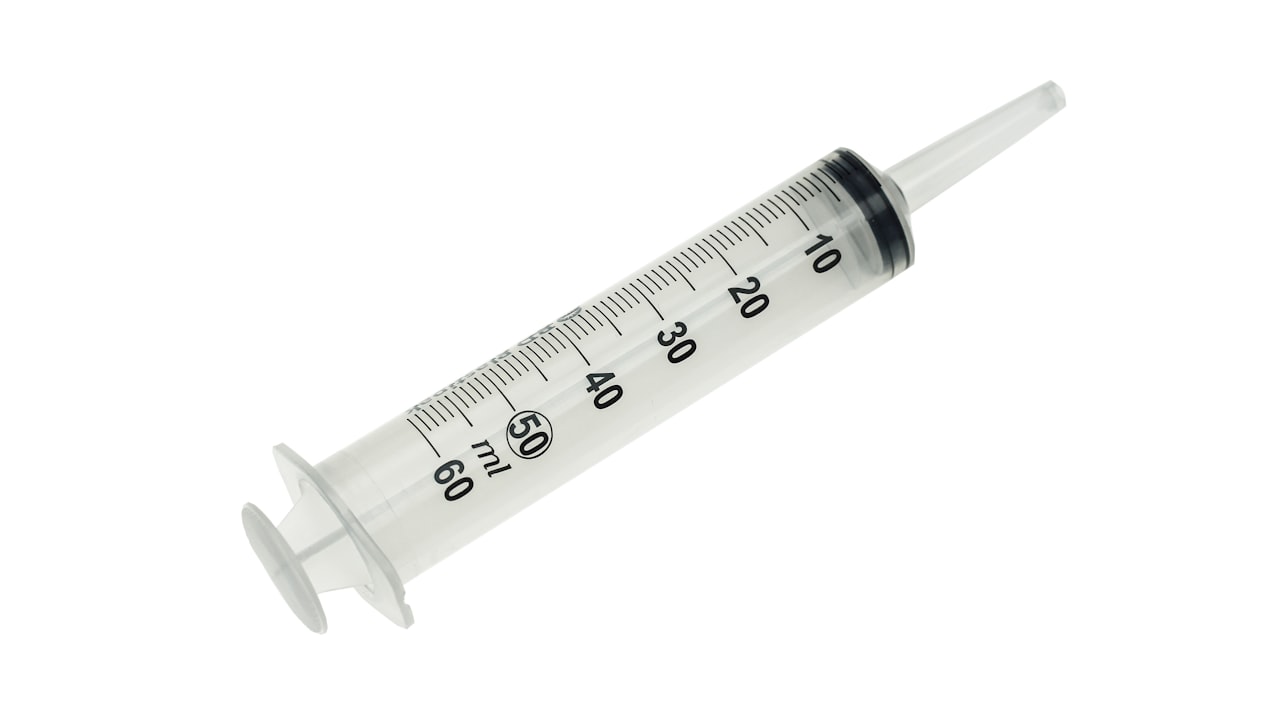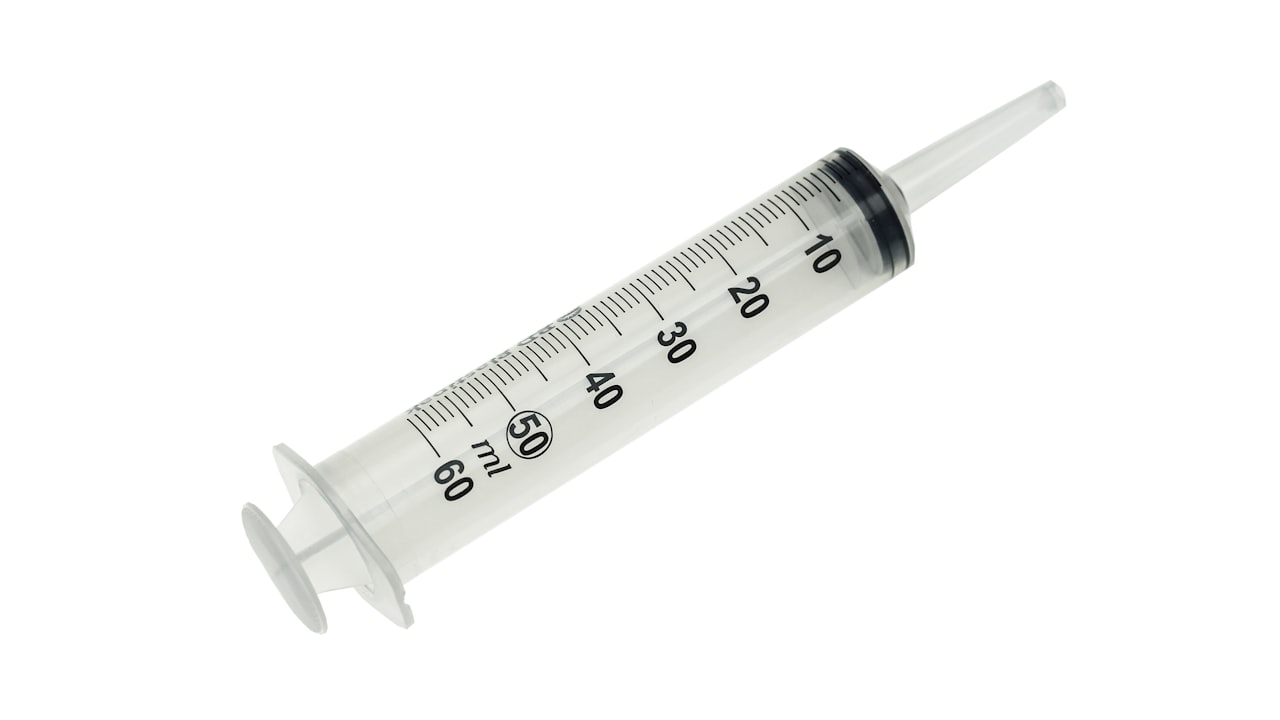Title: Designing Precision Injection Molds: A Comprehensive Guide
Injection molds are essential tools in the plastic manufacturing industry, used to create a wide range of plastic products from toys to automobile parts. The quality and precision of these molds play a crucial role in determining the final outcome of the molded products. As such, it is important to understand the intricacies of designing injection molds to ensure optimal performance and durability.
When it comes to designing precision injection molds, collaboration with a reputable injection mold supplier or factory is key. These professionals have the expertise and experience to translate your design specifications into high-quality molds that meet your exact requirements. Working closely with an injection mold supplier ensures that all technical aspects, such as material selection, mold flow analysis, and cooling system design, are carefully considered during the design process.
One of the primary considerations in designing injection molds is the choice of material. The type of material used can significantly impact the mold’s performance and lifespan. High-quality tool steel, such as P20 or H13, is commonly used for injection molds due to its excellent wear resistance and thermal conductivity. Additionally, surface treatments like nitriding or chrome plating can further enhance the mold’s durability and resistance to corrosion.
Moreover, mold flow analysis is a critical step in the design process that simulates the flow of molten plastic inside the mold cavity. By conducting mold flow analysis, designers can identify potential issues such as air traps, weld lines, or uneven filling, and make necessary adjustments to optimize the mold design for improved part quality and production efficiency.
Furthermore, the design of the cooling system is crucial in ensuring uniform cooling and solidification of the plastic part. Properly designed cooling channels help control cycle times, reduce warpage, and improve overall part quality. By utilizing advanced cooling technologies such as conformal cooling or hot runner systems, injection mold designers can achieve faster cycle times and higher productivity.
In conclusion, designing precision injection molds requires a meticulous approach that considers various factors such as material selection, mold flow analysis, and cooling system design. By collaborating with an experienced injection mold supplier or factory, manufacturers can optimize their mold designs for superior performance, durability, and efficiency. With the right expertise and attention to detail, precision injection molds can help drive innovation and quality in the plastic manufacturing industry.

 Title: “Revolutionizing Manufacturing: The Magic of Injection Molds”
Title: “Revolutionizing Manufacturing: The Magic of Injection Molds” Title: Designing Precision Injection Molds: A Comprehensive Guide
Title: Designing Precision Injection Molds: A Comprehensive Guide Title: Designing Precision Injection Molds: Key Considerations and Best Practices
Title: Designing Precision Injection Molds: Key Considerations and Best Practices Title: “The Role of Injection Molds in the Manufacturing Industry”
Title: “The Role of Injection Molds in the Manufacturing Industry” Title: The Importance of Injection Molds in Manufacturing Processes
Title: The Importance of Injection Molds in Manufacturing Processes Title: Designing Precision Injection Molds for Optimal Plastic Product Manufacturing
Title: Designing Precision Injection Molds for Optimal Plastic Product Manufacturing